Serbia
Serbia’s National Emissions Reduction Plan (NERP) covers seven coal-fired power plants and four gas–fired plants. Another two coal plants are subject to the limited lifetime derogation (the so-called ‘opt-out’), allowing them to run for a total of 20,000 hours between 1 January 2018 and 31 December 2023, after which they either need to close or comply with the emission limit values for new plants under the Industrial Emissions Directive.
In 2024 SO2 emissions from the NERP coal plants in Serbia were 4.6 times higher then allowed under the NERP ceiling.
The SO2 emissions from the 14 coal-fired units included in the NERP amounted to 205,925 tonnes, while the 2024 ceiling in the NERP for 18 large combustion plants was set at a maximum of 44,737 tonnes.
On the plant level, the highest emitter was the Nikola Tesla B plant (units B1 and B2) with 76,631 tonnes – this is lower than in the previous year, but 5.7 times above its individual ceiling.
After Kostolac B’s desulphurisation equipment finally received an operating permit in January 2023, following years of delay and test operations, in 2024 it started to show some results, albeit unsatisfactory ones. In 2024, the plant emitted 15,218 tonnes of SO2 – still 2.3 times as many tonnes as it was allowed to emit according to its NERP ceiling, raising serious concerns about the quality of the equipment and its operation.
Dust emissions were below Serbia’s national NERP ceiling in 2024 and have been gradually declining since 2018. However, in 2024 Kostolac A2 emitted 3.5 times its individual ceiling, and Nikola Tesla A1-A3 emitted over 1.5 times more than allowed.
NOx emissions in Serbia saw a marginal decrease compared to the previous year, and reached exactly the same level as in 2022. Coupled with a decrease of the overall NOx ceiling, this resulted in a breach, with emissions at 1.14 times as much as allowed.
The year 2024 marks the second year Serbia has breached the ceilings for two pollutants. An infringement procedure by the Energy Community Secretariat for failing to comply with its NOx ceiling should be imminent. However, there is also already an existing dispute opened in 2021 for non-compliance with its SO2 ceiling
